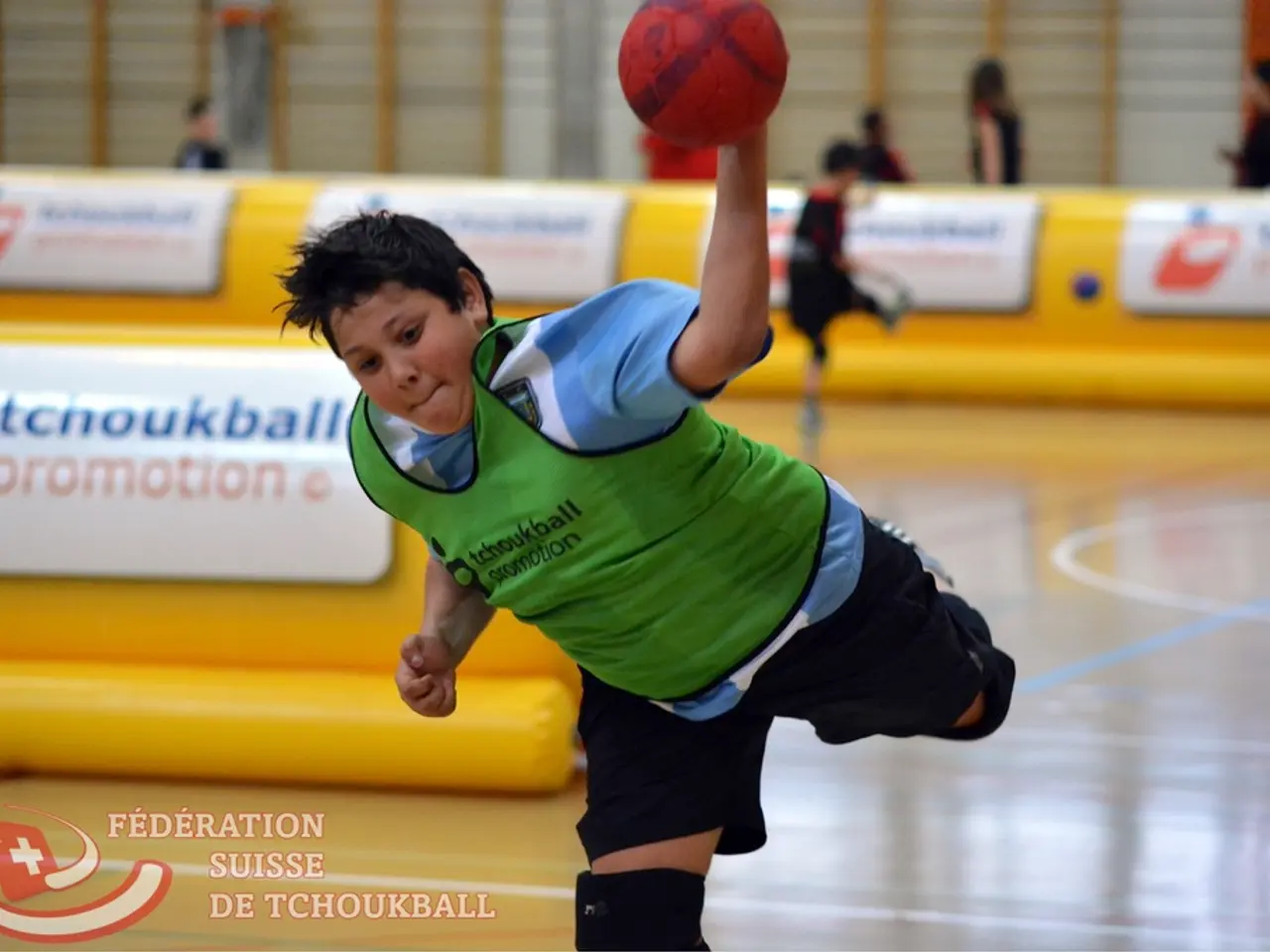Court Decision Upholds Training During Father's Week Instead of Traditional Celebration for a 14-Year-Old Son
In a groundbreaking decision, the Higher Regional Court of Hamm has ruled that a 14-year-old boy can prioritise his weekend sports commitments over visits with his custodial father under certain circumstances.
The case, with Case No. 5 WF 119/24, involved a young athlete who refused to visit his father due to sports events conflicting with the visitation schedule. His mother had repeatedly encouraged him to engage in visitation and to discuss any issues directly with his father. However, the boy's firm stance, even with the mother's encouragement, indicates no expectation of change in his refusal to visit his father during sports events.
The father, in response, accused the mother of violating her obligations under the visitation order by agreeing to the club change without prior consultation. He also requested an order for a fine for each individual violation of the visitation order. However, the court dismissed the fine request and ruled in favour of the mother.
The court's decision was based on the child's expressed wishes and the importance of his sports commitments. The court acknowledged the importance of leisure activities and self-determination for children, especially those actively involved in sports, as the child ages.
The court's ruling did not address the father's accusation of the mother violating the visitation order. It is worth noting that the court's decision did not condone the boy's refusal to visit his father, but rather recognised the boy's choice to attend training instead of his weekend with the father.
In a significant departure from the usual rigid visitation regulations, the court stated that the child's will carries more weight in such situations. Contrary to the father's statement, the court did not issue any threat of imprisonment for non-compliance with the visitation order.
The father had also threatened imprisonment if the visitation order was not followed. However, the court's ruling did not uphold this threat. The court's decision highlights the importance of balancing a child's best interests, including their physical and emotional well-being, with the need for consistent parental involvement.
This decision is expected to set a precedent in future cases involving children's sports commitments and visitation rights. It underscores the court's commitment to recognising the unique needs and circumstances of children and their families.








